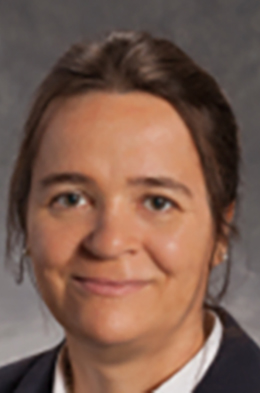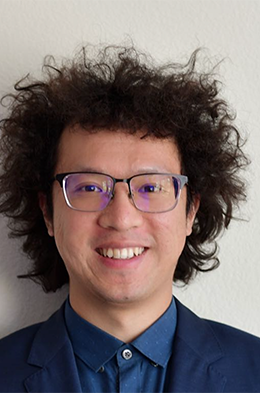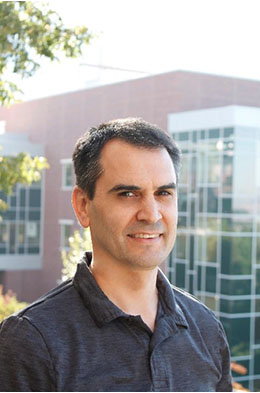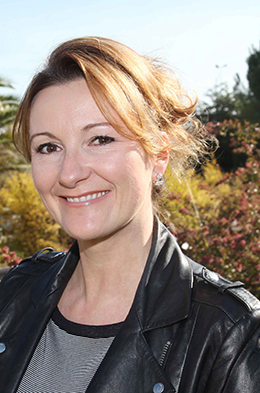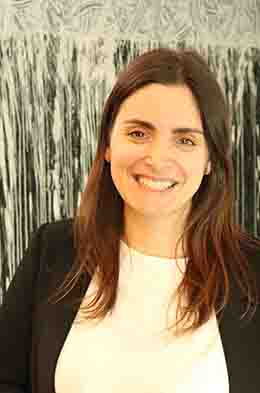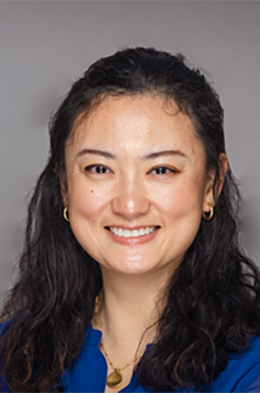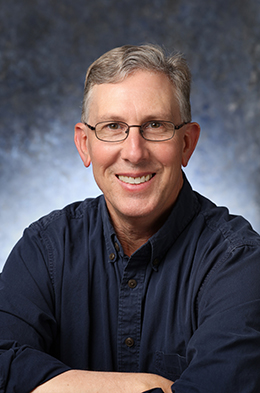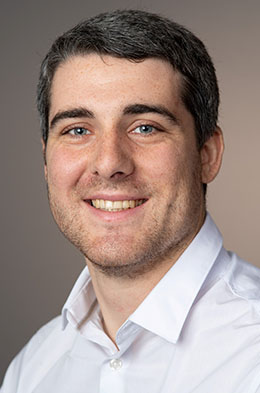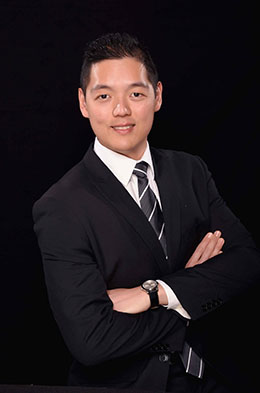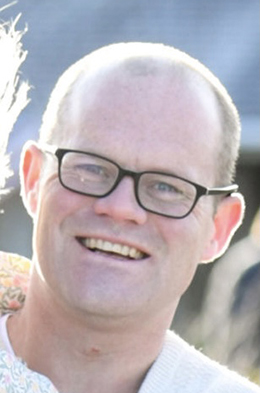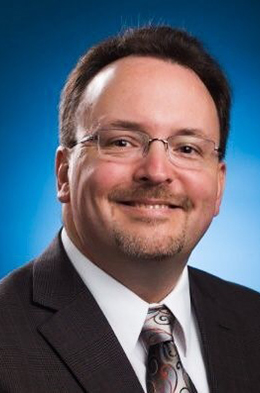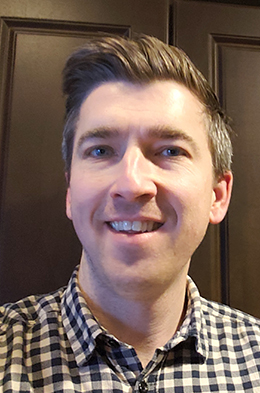Ryan Kelly is an Associate Professor in the Department of Chemistry and Biochemistry at Brigham Young University (BYU). He received his Ph.D. in analytical chemistry in 2005 from BYU and spent the next 13 years at Pacific Northwest National Laboratory where he began as a postdoc and ultimately served as Chief Technologist for EMSL, a national scientific user facility, before returning to academia in 2018. In 2020, he founded MicrOmics Technologies LLC, a startup focused on developing and disseminating ultrasensitive mass spectrometry solutions.
A central theme of Dr. Kelly’s research has been the development of new technological solutions for improved biochemical analyses, including mass spectrometry-based omics. Dr. Kelly has authored or coauthored more than 100 publications and is a named inventor on 14 issued and pending patents, several of which have been licensed and commercialized. His work has been recognized with several awards including two R&D 100 awards, a Federal Laboratory Consortium Award for Excellence in Technology Transfer and the Georges Guiochon HPLC Faculty Fellowship.




